With the digital world taking over our everyday lives, it’s important to understand the technologies that are taking humanity’s integration with the internet to the next level.
During the past 30 years, the world has seen an exponential growth in technological developments. From the creation of the personalized computer to the mainstream adoption of the Internet, to the development of smartphones and tablets, technology has come a long way in a very short time.
Digital technologies are directly related to computer science and involve the integration of programmed software into everyday human activities, such as communications, transactions, and access to information. This sector has seen particularly fast growth, especially in the last decade, where most of the developments have taken place.
I will discuss three topics that can potentially transform human interaction with the digital world in the next decade, disrupting the landscape in many industries.
[More: FetchitGO: How This New Smart Device Will Change Your Home Forever]
1. Artificial Intelligence
Advertisement
Artificial Intelligence, or AI, is a branch of computer science that strives to simulate intelligent human behavior in machines. Artificial Intelligence is accomplished by programming machines to have cognitive capabilities.
More specifically, these capabilities include the ability to gather information from the environment (perception), the ability to process and analyze this information (knowledge and reasoning), the ability to act on this analysis (problem-solving), and the ability to self-learn from experience (learning). By programming and combining these fundamentals of intelligence, computer scientists can replicate intelligent behavior on machines.
The Internet of Things (IoT), the network of physical things connected to the Internet, as well as the use of Big Data analytics, or the analysis of large volumes of virtual data, are expected to play key roles in collaborating towards artificial intelligence. IoT provides the infrastructure that allows AI to absorb data from the environment, and Big Data enables the analysis of this information to establish patterns and predict outcomes.
Current examples of AI include virtual assistants, such as Apple’s Siri and Microsoft’s Cortana, which are capable of executing functions upon voice command. Some future implementations of AI include self-driving cars, diagnosis of diseases, market predictions and investment analytics, and the development of artificial neural networks.
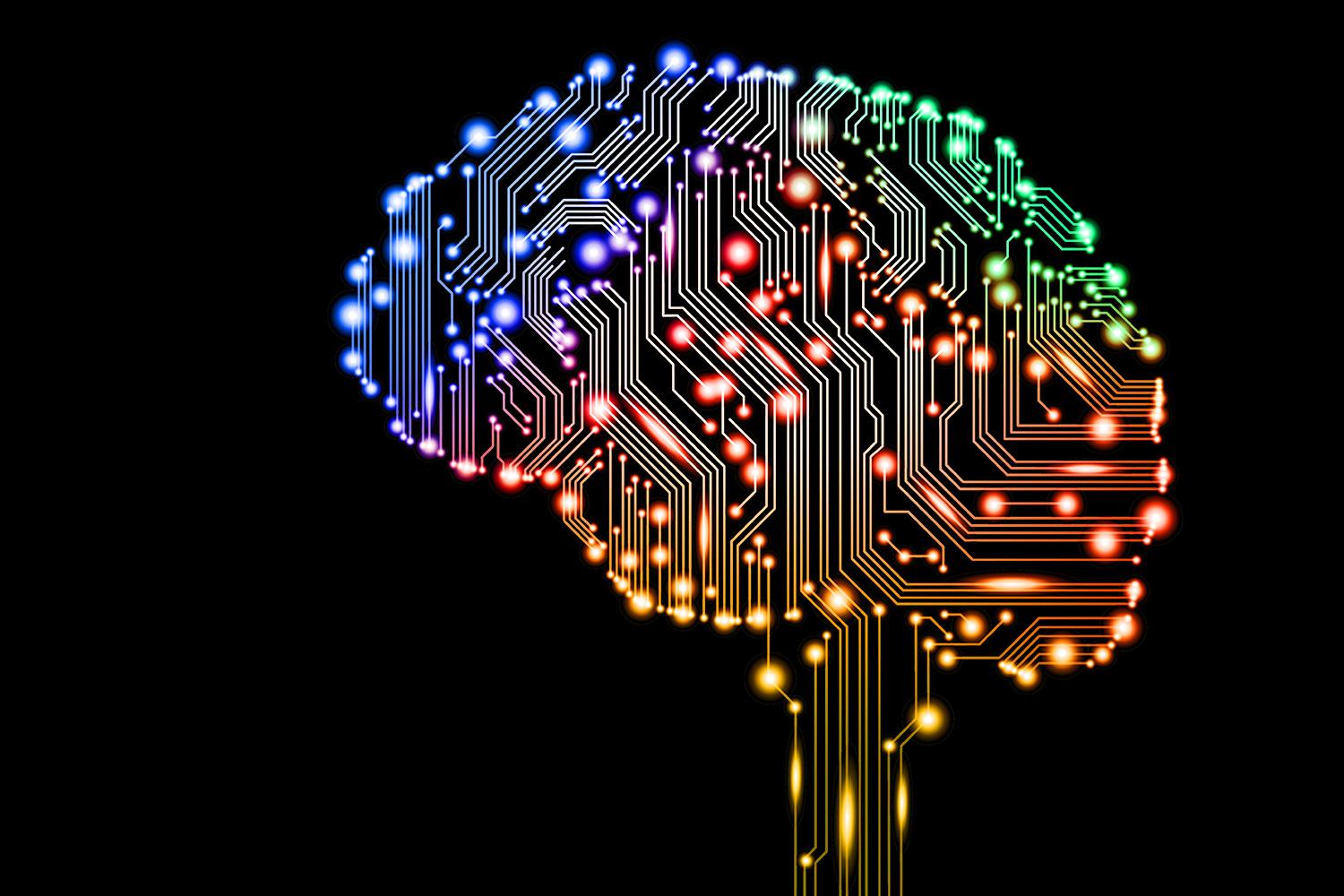
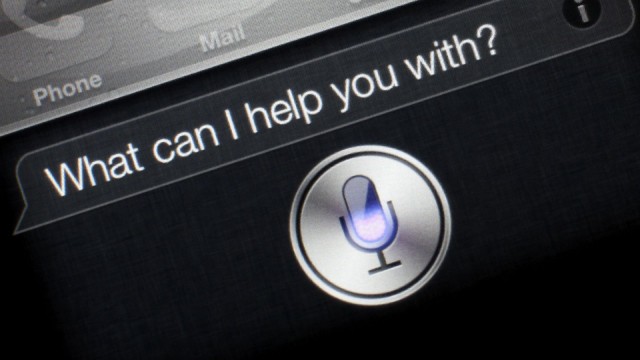
2. Virtual, Augmented, & Mixed Reality
Reality-altering technologies change the way we humans perceive our environments with computers. These technologies can be categorized into two separate branches: Virtual reality and augmented reality.
Virtual reality, or VR, completely changes the environment we perceive through our senses. VR attempts to trick the human brain into presence, or the state of existing or being present at a particular place, through the creation of highly realistic virtual surroundings.
By using goggles and headsets, the user’s physical environment is replaced with a computer generated virtual world. Current applications of this technology include the Oculus Rift and Samsung Gear VR.
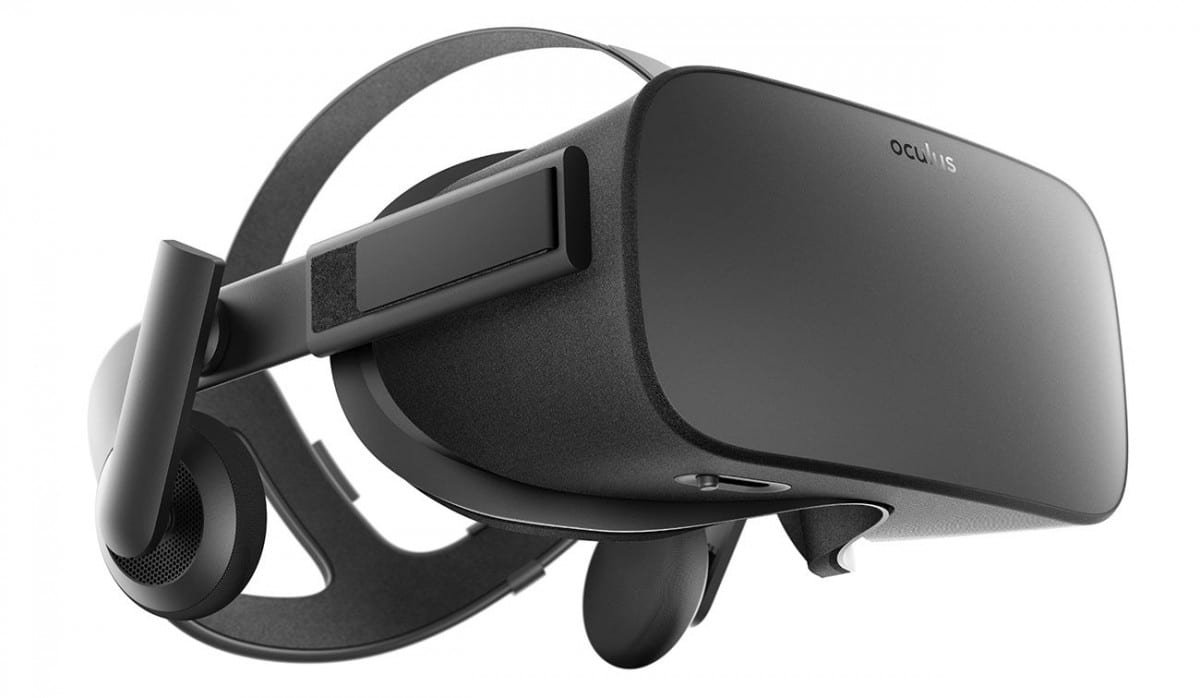
Augmented reality, or AR, takes your existing reality and supplements it with layers of computerized data. This data may come in the form of sounds, videos, graphics, and any other type of digital information that is projected over your real surroundings.
Mixed reality goes a step further by merging virtual reality with our physical surroundings, resulting in a hybrid environment where both the virtual world and the physical world co-exist under a single reality.
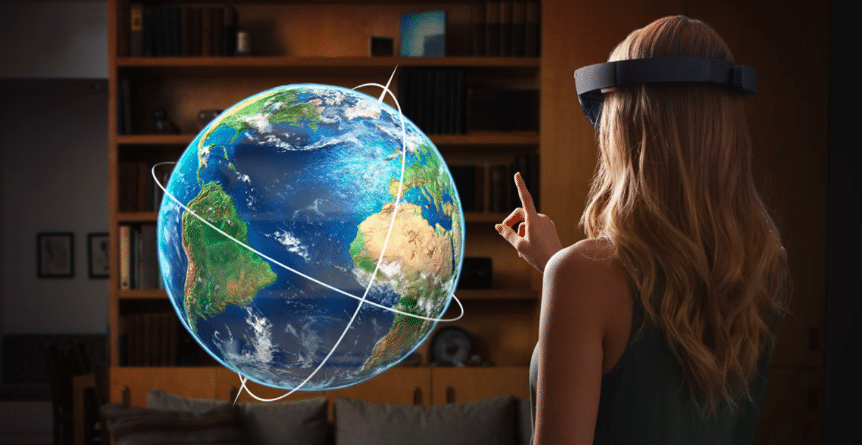
By layering digital information over our environments, the boundaries between the physical and digital world are being blurred as our perception of our surroundings is enhanced by augmented and mixed. While the technology is still young, the potential applications for the future are huge as the digital world continues to take over society.
One of the companies leading the development of AR technology and mixed reality is Magic Leap. Microsoft HoloLens is another example of mixed reality implementation.
[More: Augmented Reality for Everyone by 2020]
3. Blockchain
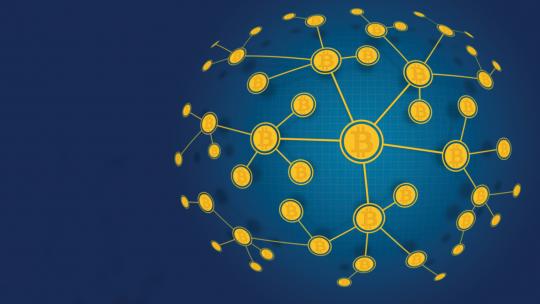
Blockchain, the structural backbone behind the famous cryptocurrency Bitcoin, is a technology that has the potential to transform the global economy forever.
First explained by the mysterious Satoshi Nakamoto in the Bitcoin whitepaper, the blockchain is a decentralized, incorruptible public ledger that records all transactions that take place on the network. This public ledger is widely distributed across the planet in millions of computers that are constantly validating transactions and updating the blockchain.
The result is a global record of validated information that is completely transparent, accessible, and unhackable since the data is simultaneously stored in the millions of computers validating the network.
In the case of the Bitcoin blockchain, a new block is added to the blockchain every ten minutes. This block contains the information of all the transactions recorded since the last block was added. Miners, the computers sustaining the network and verifying the transactions, solve complex mathematical problems in a process called proof-of-work, to confirm each transaction into the block.
Every ten minutes, the mining network reaches consensus, or agreement, on the validity of the transactions stored in the block. This block is effectively solved and added to the blockchain, where it can never be modified or corrupted. Miners, in return for providing the infrastructure of the network and verifying transactions, collect transaction fees and get bonus rewards from solving blocks.
Still, being a medium for monetary transactions is merely one of the uses for blockchain. The truth is that all kinds of valuable information can be stored on a blockchain, where it will be globally accessible in a decentralized way, preventing the information from being manipulated. These types of valuable information include birth certificates, titles of ownership, educational degrees, financial records, medical histories, votes, and just about anything that can be expressed in computer code.

Ethereum, a blockchain technology founded in 2014, is an open-source global platform where developers can program decentralized applications that self-operate on predetermined conditions. These applications are known as smart contracts and can be programmed to do all types of operations such as decentralized marketplaces, machine to machine transactions, decentralized autonomous organizations, public information hosting, and many more functions.
Operations on the Ethereum platform are fueled by Ether, the cryptocurrency issued to the miners sustaining the network. The purpose of Ethereum is to replace traditional third parties and intermediaries, reducing the costs of operations. Monetary transactions can be done without banks, legal advice can be given without lawyers, social networking can be done without Facebook storing your data.
The possibilities are only limited by imagination, Ethereum represents the birth of a new decentralized internet platform, unyielding to censorship and manipulation, and controlled by its users rather than by centralized big-players.
In fact, big players are already boarding the Ethereum train by joining forces and forming the Ethereum Enterprise Alliance, a team made up of fortune 500 companies dedicated towards researching developments on the platform and study the benefits that can be obtained by using blockchain at a corporate level. These companies include British Petroleum, JP Morgan, Microsoft, BBVA, Banco Santander, and Intel.
Digital Technologies are transforming societies
The combined potential power of artificial intelligence, digitally altered realities, and blockchain technology is enough to propel the human race into the next level of digital integration. As we become more and more dependent on computers and the internet, only time will tell if these technologies will change humanity for better or for worse.
[More: Cryptocurrency Hardware Wallet ‘Ledger’ Strikes a $7 Million Deal]